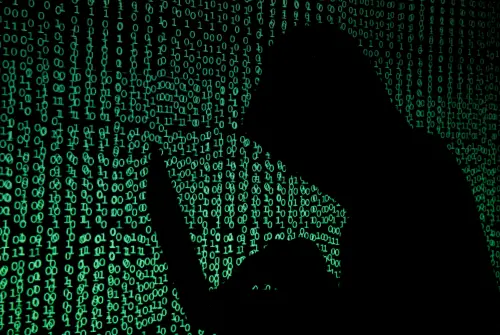The Philippines has identified foreign attempts to access intelligence data, with no breaches recorded as of Tuesday, remarked Ivan Uy, the country's minister for information and communications.
Uy disclosed that Advanced Persistent Threats (APTs), involving cyber actors or groups, largely state-sponsored, have persistently tried but failed to breach government systems, indicating the resilience of the country's cyber defenses against a variety of threats.
Uy highlighted the presence of longstanding threats predominantly from foreign actors, some of them termed "sleepers," which were discovered embedded within systems before being uncovered by the government's cybersecurity measures.
Regarding cyberattacks on critical infrastructure, Uy stated, "Hopefully it's because our cyber defenses and cybersecurity are strong enough."
Acknowledging the complexity of tracing cyber intrusions back to specific assailants due to potentially misleading digital footprints, Uy underscored the government's collaborative efforts with the military, other nations, and diplomatic channels to validate threats and fortify defenses.
Uy emphasized the global cyber arms race, characterizing it as "World War III," stipulating that the battleground is in the cyber realm with attacks and defenses conducted digitally and virtually, devoid of physical manifestations.
Besides cyber threats, Uy noted a surge in deepfakes and what he labeled as "fake news media outlets" manipulating public opinion ahead of the upcoming mid-term elections in the Philippines. The ministry has deployed tools to counter misinformation and disinformation, recognizing these risks to democratic processes that rest on personal opinions during elections.
